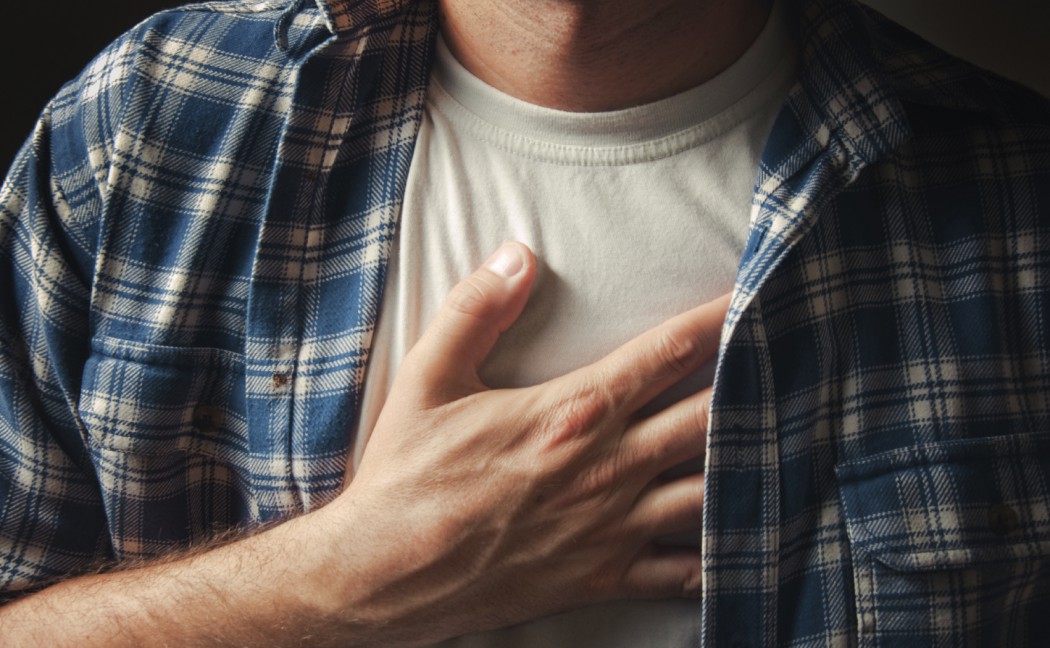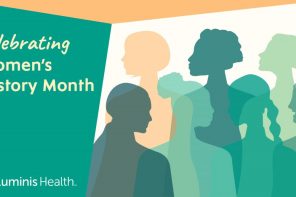Sudden cardiac arrest, a condition that occurs when the heart unexpectedly stops beating, kills more than 300,000 Americans each year. Previously, the condition was believed to strike without warning, but a new study from the Annals of Internal Medicine suggests otherwise.
“We used to think there were no symptoms. This study shows that may not necessarily be true,” says Baran Kilical, MD, cardiologist and electrophysiologist with Anne Arundel Medical Group Cardiology Specialists. “The study suggests people may have slight warning signs, such as chest pain and shortness of breath. It’s important to recognize symptoms and seek help.”
Symptoms of a heart attack and cardiac arrest are similar, but they are very different conditions.
“Even 18-year-olds can experience sudden cardiac death,” explains Dr. Kilical. “Unlike a heart attack where arteries are blocked, sudden cardiac arrest is an electrical problem. If there’s an electrical short circuit the heart is quivering instead of squeezing. This means it isn’t pumping blood to the brain and other vital organs. That’s how death occurs.”
The study included more than 800 people who survived cardiac arrest. About 50 percent of men and 53 percent of women reported at least some warning signs before their hearts stopped. Only 19 percent say they sought emergency treatment. In addition to chest pains and shortness of breath, some patients reported heart palpitations and flu-like symptoms.
“When in doubt, if it’s something that’s unusual for you, it’s worth a phone call,” says Dr. Kilical. “It’s best not to play Dr. Google at home. Call your doctor or 911 and ask about it.”
Listen to the full interview with Dr. Kilical on WTOP radio.
Learn more about the difference between heart attack and cardiac arrest.
 is a board-certified cardiologist and cardiac electrophysiologist with AAMG Cardiology Specialists. To reach his office, call 410-897–0822.
is a board-certified cardiologist and cardiac electrophysiologist with AAMG Cardiology Specialists. To reach his office, call 410-897–0822.



